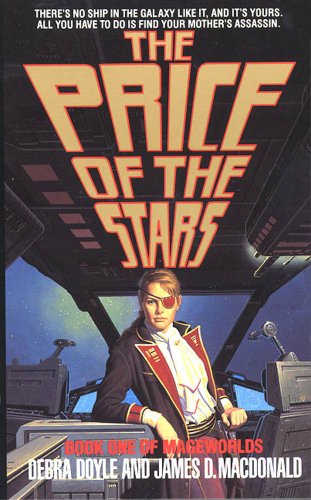The internet, as usual, has changed everything.
These days, any young sf/fantasy reader or watcher with access to a computer can connect with other likeminded souls in a matter of minutes, if not seconds. They may not be able to meet up face-to-face, but that’s not necessary, and wasn’t necessary even in the olden days. It’s enough, most of the time, just to know that there’s somebody else like you out there.
Back before the internet, things were harder. If you lived anywhere other than a major city, your chances of encountering another reader who shared your particular obsession were low. (I was fortunate; my best friend in high school also read sf, and the local news and magazine shop owner must have been a fan as well, because the shop carried all the new paperback releases and all of the major sf magazines, as well as some of the second-tier sf mags.) As a result, a young fan’s reaction upon encountering a large, organized (for fannish values of “organization”, which is to say, not very) fan group, or a science fiction convention, was often something along the lines of “My people! My people! I’ve found you at last!”
A note: It’s also necessary to understand that this era came not just before the internet, but before the Geek Ascendancy. People who liked sf and fantasy and computers and techy/sciency stuff in general were pretty much universally regarded as weirdo loners, rather than as weirdo loners any one of whom might possibly have a greater net worth than the entire city of Chicago.
When a collection of weirdo loners (and yes – I, too, was a weirdo loner) come together and discover that they are not alone in their weirdo-hood after all, the community that is created has both good and bad features, and a lot of those features are connected like good and evil twins. The fandom of those days, to give just one example, was tolerant of all sorts of social awkwardness and nonconformity (because we were entirely too aware, most of us, of our own flaws in that regard); the flip side of that virtue, unfortunately, was a willingness to put up with just about any bad behavior short of running away with the cash box.
Post-internet fandom is . . . well, it’s different, in ways that as a pre-internet fan I’m not entirely capable of understanding. But the old pre-internet fandom is still around, and still inhabiting a lot of the same virtual and actual spaces as post-internet fandom, and the places where they rub up against each other sometimes chafe.
I’m not sure what can be done about this problem, or even sure that it is a problem of the needs-something-done-about-it variety. The best we can do, I guess, is be kind to each other, and remember that we all love the same thing even if we don’t necessarily do it in all the same ways.



